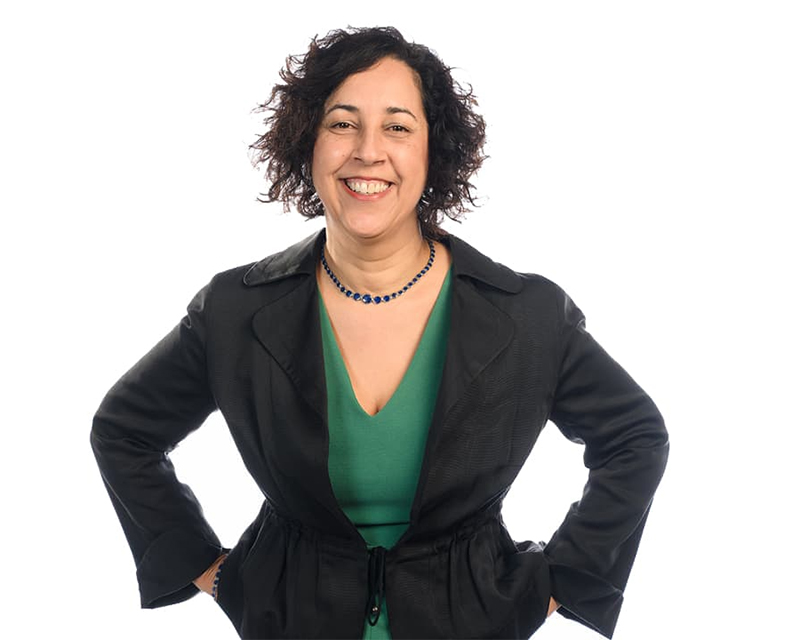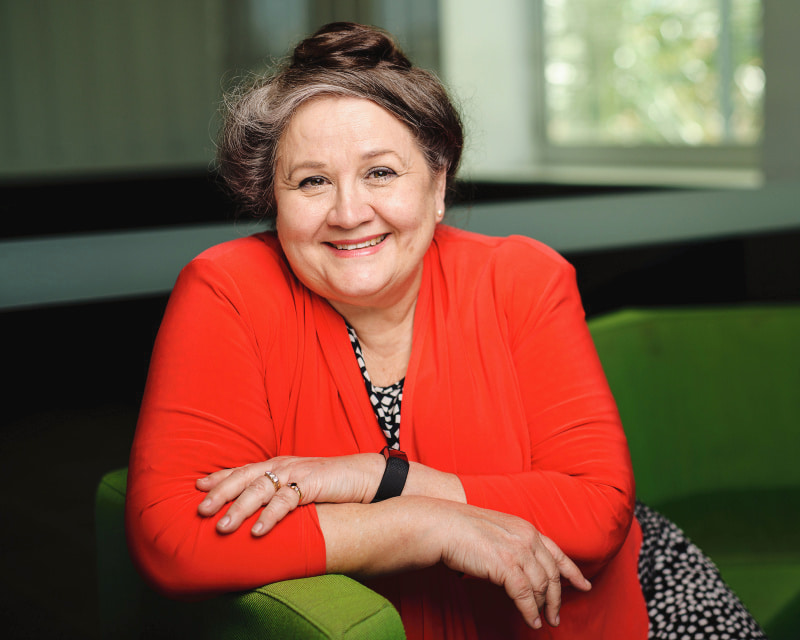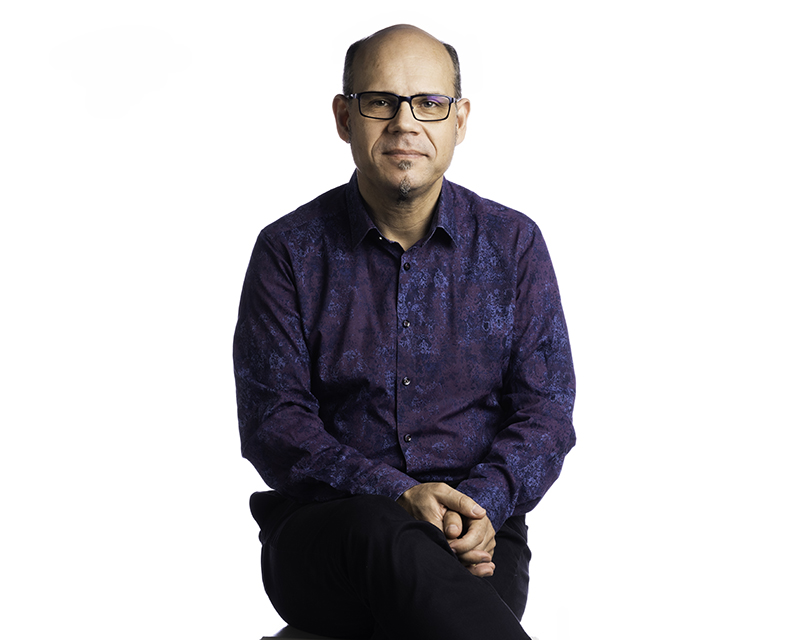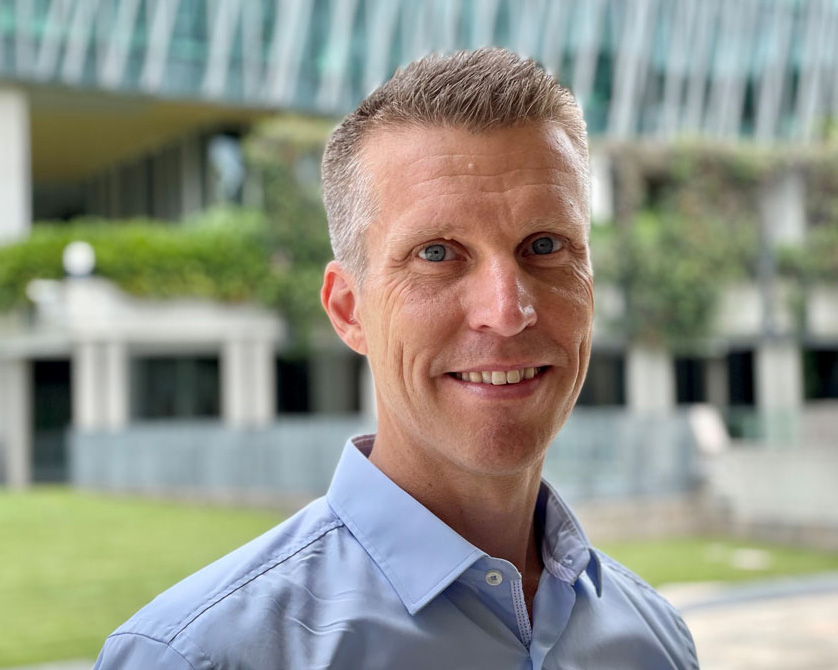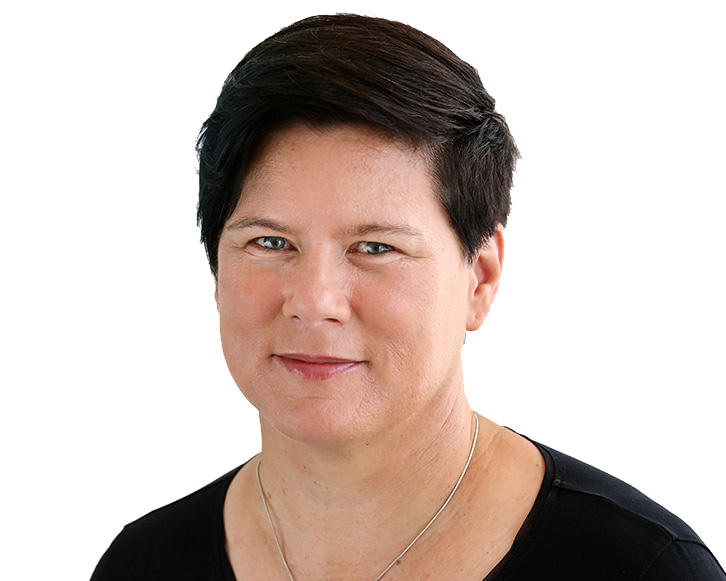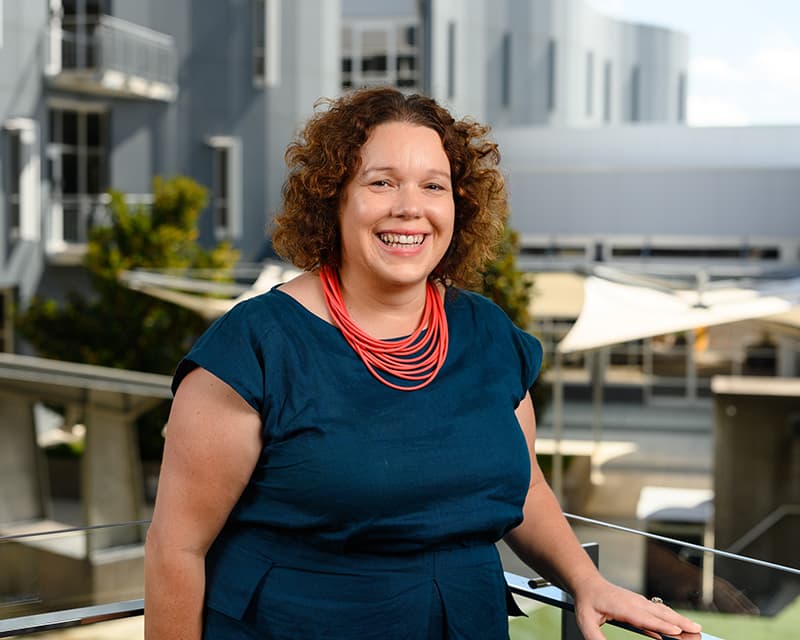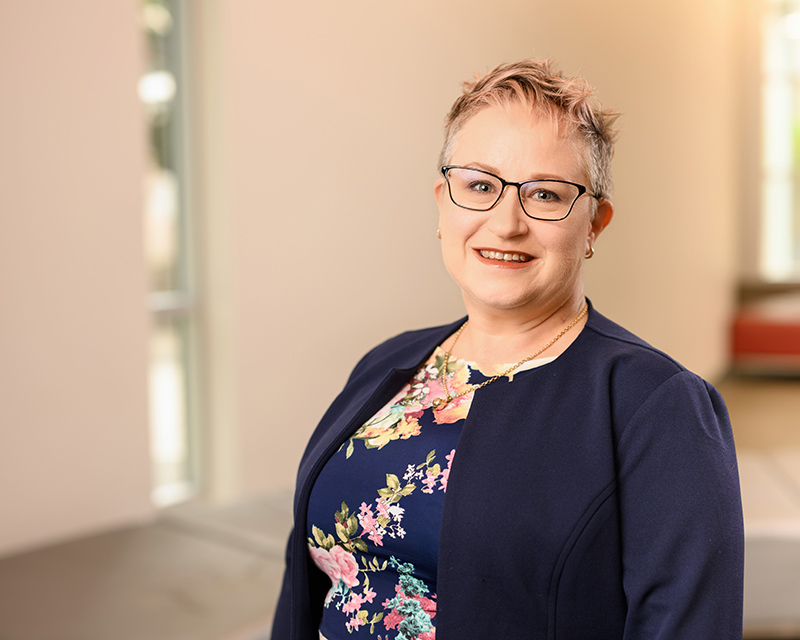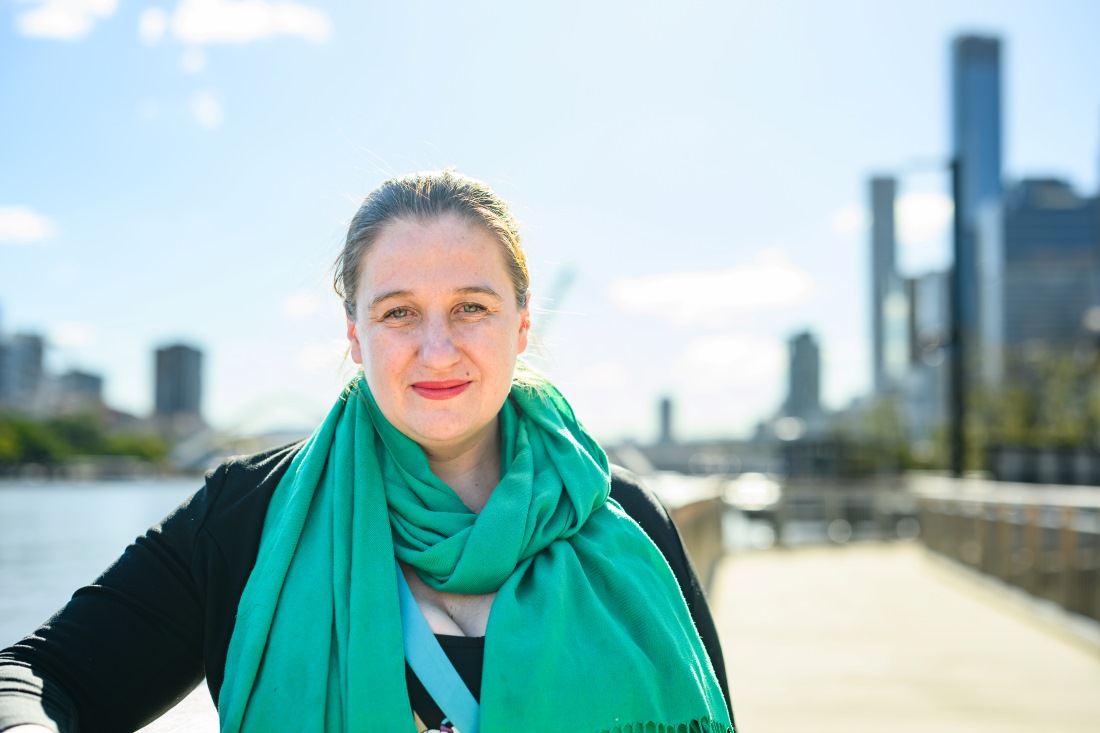Professor Lori Lockyer
Professor Lori Lockyer is the Executive Dean of QUT’s Faculty of Creative Industries, Education and Social Justice and an internationally recognised expert in education and educational technology.
Professor Susan Danby
Professor Susan Danby is one of Australia’s leading experts in early years language and social interaction, childhood studies, and young children’s engagement with digital technologies.
As director of the ARC Centre of Excellence for the Digital Child, she leads a collective of national and international researchers and partners across government, business and the community to work towards the centre’s vision – ensuring young children are healthy, connected and educated in a rapidly changing digital age.
Professor Axel Bruns
Professor Axel Bruns is a social media researcher with QUT’s Digital Media Research Centre. He is at the forefront in developing groundbreaking new research approaches in media and communication studies that draw on innovative computational methods.
Dr Timothy Graham
Dr Timothy Graham is a senior lecturer in digital media and communication. His research combines computational methods with social theory to study online networks and platforms, with a particular interest in online bots and trolls, disinformation, and online ratings and rankings devices. Tim received a 2021 ARC Discovery Early Career Researcher Award for his project, Combating Coordinated Inauthentic Behaviour on Social Media.
Professor Patrik Wikstrom
Professor Patrik Wikstrom is Director of the Digital Media Research Centre. He has authored and edited nine books about various aspects of the digital transformation of media and cultural industries.
Professor Jean Burgess
Professor Jean Burgess is the Associate Director of the national ARC Centre of Excellence for Automated Decision-Making and Society, as well as Convenor of its QUT node. Her research focuses on the social implications of digital media technologies, platforms, and cultures, as well as new and innovative digital methods for studying them. She is co-author or editor of more than 120 scholarly publications on these topics.
Professor Evonne Miller
Professor of Design Psychology Evonne Miller is Director of the QUT Design Lab, where our mission and vision is to reimagine and redesign the future. Evonne’s own research centres on design for health, where she is a leading voice on the value of arts and design-led innovation in healthcare transformation.
Professor Linda Graham
Professor Linda J Graham's research investigates the role of education policy and schooling practices in the development of disruptive student behaviour and the improvement of responses to children that teachers can find difficult to teach.
Professor Rowena Maguire
Professor Rowena Maguire is Director of the QUT Centre for Justice. Drawing on her legal background, Rowena's research interests include climate governance and a just transition to a circular economy. She analyses how climate laws, policies and financing structures produce unintended consequences such as gender inequality and vulnerability in a changing climate.
